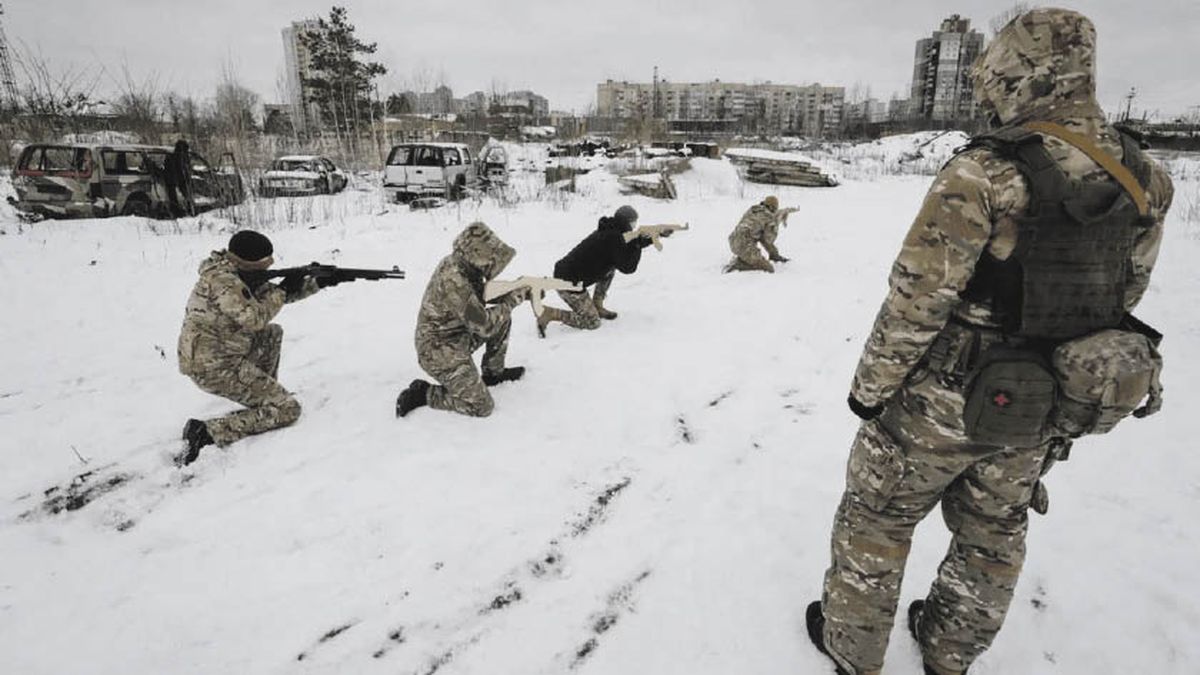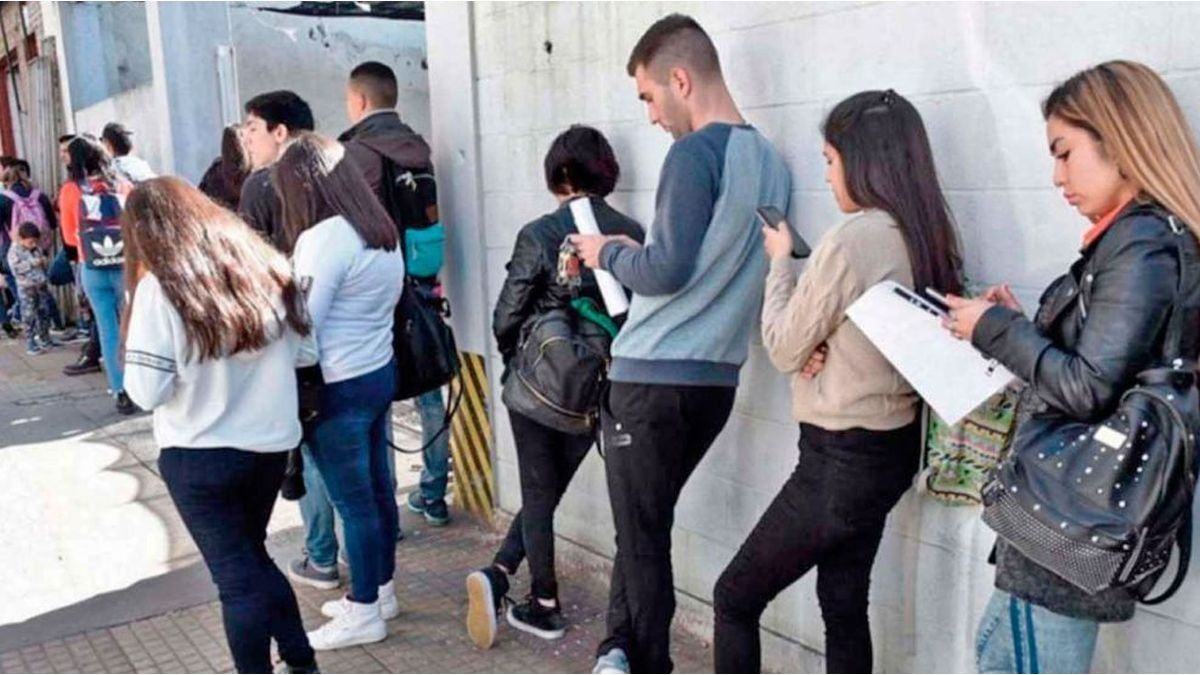For the Western counterpart, Ukraine is the democratic ally in the fight against ‘autocracy’, the open market that wants to flourish under the mantle of the values of respect for human rights. Kiev strongly desires, and has the state autonomy to do so by defending its sovereign territory, to join both NATO and the European Union (EU). Furthermore, and above all, it is a vital provider of natural resources. And here Russia also plays a vital role: in 2021 it provided about 128 billion cubic meters of gas to Europe, of which about a third flowed through Ukrainian territory.
Gas Russia Ukraine.jpg
Courtesy: 20 Minutes
What we have then is a Russia, which does not intend to go back ‘not one iota’ in its position, with tacit allies of fundamental warlike relevance, such as mainly China. On the other side, NATO, positionally fragmented in its different nuances, but which understands that the containment belt involving Ukraine and the countries of the region represents a positioning political, ideologicaland we could even say moral.
Of course, the most relevant is the war businesswhere both sides benefit. The defense industries at a global level are in good spirits. Cause or consequence of a conflict that will surely extend over time? Will we have a new 38 parallel to the Korean? The answer doesn’t matter. Business are business.
National strategy in the face of a lasting cold war
We are then facing a conflict to be prolonged and two clearly differentiated sides. Where is our country located? Or should we better ask ourselves initially if it is useful to decide to position ourselves in favor of one or the other side of the reborn ‘Iron courtain’. It has not been a characteristic throughout the history of our country, where generally -if not to say almost always- we have located ourselves in the ‘third position’, paraphrasing the general. Furthermore, we have gone around as many times as a weathervane without a handle – from the ‘strategic doubts’ before the Second World War, until the shameful sale of arms to Ecuador in the 1990’s after the Peruvian aid in Malvinas-, which, sinning in sincerity, have never given us positive results.
Not having coherence has been a national characteristic in most aspects of life in the country. Why would it have been different in foreign policy? Beyond this, the central problem of this theme is the relevance denoted in this geopolitical situation on the destinies of humanity. There are no grays here. If at any time, in the medium or long term, the spark goes off and the drums of war sound, we have to be prepared. There are no second chances.
military putin
Russian President Vladimir Putin.
Photo: TASS Agency
The problem is that given our current situation, we cannot ignore ourselves, or try to ‘play neutrality’. Dependency theory where you look at it. On one side, the colossal and unpayable debt with the United States (sorry, with the IMF), who still governs the destinies of ‘our Western capitalist democracies’, in addition to a history of cultural ties with the old continent, which counterbalances the renewed relevance of the British enemy. In the other side, friendship –and above all investments in strategic infrastructure– with the russians (let’s not forget about the Sputnik vaccine), in addition to the Chinese allies (wild exports + savior swap).
In short, we have to go back to the sources. It is clear that we cannot ignore the globalized system and live autarchically as outcasts in a world that is increasingly dynamic and interrelated. What we can do is achieve the so-called internal institutional order, stabilize the macroeconomy, generate redistributive policies to end poverty, and seek to be at the forefront of technology, taking care of the environment, our home, as much as possible. And of course, develop a relevant sustainable military apparatus, which allows us to always rise to the occasion.
And this requires State policies that go beyond the political color that the ruling party may have and, as has happened over the years, has placed us before the world from one side of the counter to the other, interspersed according to the period of the story that one wants to take. Because in national terms, the only way to face the typhoon of an international conflict of which we may not be a part and certainly not have the capacity to interfere in itis find ourselves cohesive and solid in order to expand the room for manoeuvre.
ALBERTO FERNANDEZ 1200.jpg
However, the above alone is not enough. We must complement it with the joint work of political statesmen and specialist technicians who understand the geopolitical and geoeconomic scenario: Only under your wisdom can you take a position in the best possible way. Otherwise, given the natural resources we possess (fresh water) and our geostrategic position (Antarctica), waiting in a situation of recurrent anomie and confusion is like having to decide in this conflict of global dimensions by tossing a coin. Where it only remains to wait to fall on the side that benefits us; or, better said, on the side that does not further strengthen our countercyclical weaknesses. Those that continually plunder the vast wealth that history and our geography have given us.
International Analyst, Twitter: @CafuDiego
Source: Ambito




